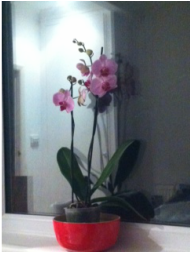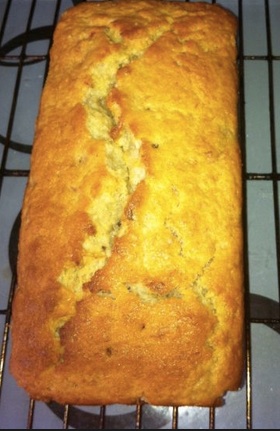 I emigrated to London in 2005. Irish people don’t say that about London anymore. You emigrate to the US or Canada or Australia but you move to London. Moving implies fluidity as if you are really in both places, here and there. But that is not the case. When you arrive in a new city in your 40’s people meeting you for the first time make assumptions. That you have lived there for ages, that you have a family, that you have old friends and long-standing connections. Only one of those was true in 2005. I had a family. So you build slowly. Firstly colleagues, who later become friends and gradually you become the person everyone assumed you were. Connections with home become tight. Less with friends and even less with extended family. Then finally, they reduce to parents and siblings. Neither my sister nor my mother use social media so my contact with them is almost exclusively by phone. Phone conversations are not the place that you update those you love in 140 characters or where you share a hyperlink. So the things that I share on Twitter I do not necessarily share when I phone home. They can be trivial things or personal things that seem important in a fleeting moment (like buying an orchid, or baking banana bread) but not so much as to take up valuable talk time. Except the machine that is merging all my data across my social media platforms is serving up those Tweets on LinkedIn and a relative in my extended family sees them. This seems odd to my mother who can’t understand how this relative knows things about me. How does she know that we went out for dinner the night before my son left for university or that I tried (and failed) to give up smoking? We are what we share but does the medium we use shape the nature of our relationships? My mother sees an intimacy in those 140 character snippets of information. Because she cannot see them it’s as if I am choosing to share with others but not with her. Does knowing something small about me mean others know me better than she does? Of course not. I could talk about banana bread and my restaurant habits when I visit Ireland, but I’d rather spend the time listening to my mother and my sister, catching up on what matters to them and just being home. I cannot begin to describe how invaluable my social networks are to me not least because when you are starting from scratch it’s a joy to so easily find other like-minded people. In a new country you can feel unsure and alone and being part of a community, even a virtual one, makes you feel less of an outsider. Through my use of social media channels others know me differently than my family but I’ll never share a picture of me in my mothers dressing gown on Twitter. (In case you are curious it’s a rather vivid shade of pink, rather like the orchid). That’s a privilege I share only with my mother because she gets to see what others don’t. Because in the end what we choose to share, and with whom, is defined by the nature of the relationship. Orchids may indeed be beautiful but home – well home is home.
2 Comments
 Of course we know that We the Web Kids experience learning in ways that are vastly different to those of my generation. They have grown up in the web not viewing it as we did as a thing apart. We know that they won't need to remember facts and figures, or times and dates, because all of that technical stuff is just a google away. Arguably, this frees up space in their brains for more interesting conundrums, like how to solve world poverty. And that's not a bad exchange in my book. But what I have paid less attention to over the years is my own increased reliance on the web as a source of record, assuming I don't need to remember everything I have done in the past because somewhere there will be an artifact or object to point to or retrieve. The question is how much of my memory stops at the point of invisibility on the web? I was recently asked to give a talk to Deloitte's Senior Women on the topic of Women in Leadership. In preparing I remembered a fantastic woman who had been a strong role model in my very early twenties. She was an entrepreneur and leader at a young age herself and I wanted to use her as an example in my presentation. She had run a successful business for many years in Ireland so I figured I'd have no problem finding photographs, articles, speeches from which I could put together a profile to share. But several exhaustive searches yielded nothing. Not a Flickr image, Linkedin profile, Twitter account, newspaper interview. It was like she had never existed or worse still had died? A recent visit home to Ireland and a discussion with my mother revealed the woman is in fact alive and well, retired a number of years ago and is enjoying several rounds of golf every week with a wide circle of friends. I had a similar deja vu when searching for a project I was involved with in Temple Bar, Dublin in the early 90's. At the time I was co-founder of an arts production company (Artsource Ltd) which curated the Street Art Temple Bar project. For almost three years we commissioned temporary site specific installations all over Temple Bar during the height of its' regeneration. My own paper and photographic records (before digital) are long gone and it seems so long ago now that I don't even include the work on my CV. When we wound up the company we donated our archive to the National College of Art and Design and while the collection is listed on their website its not searchable online. But it all got me thinking. If it does not exist on the web did it happen at all? If your legacy of work is not searchable how can it be verified? Those three years of work in Dublin were some of my most enjoyable career years - so do I sub-consciously leave it off my CV because in some way I think "why bother no one will be able to find it"? If the internet is our memory is it also our legacy? |
Details
Categories
All
Archives
August 2023
|

 RSS Feed
RSS Feed